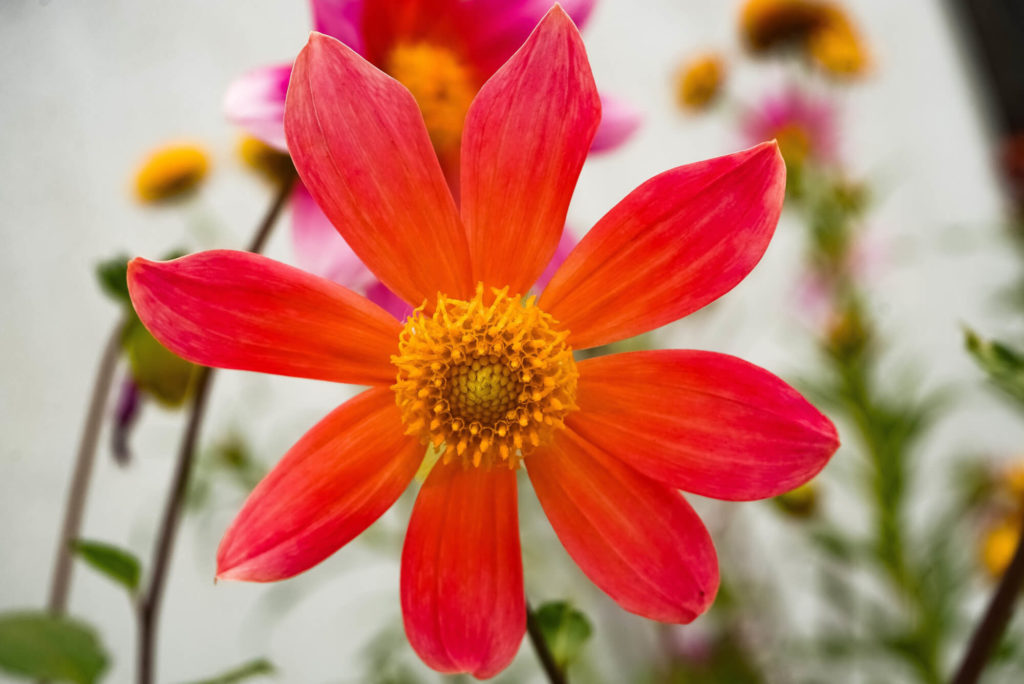Even though there are plenty of other allergens that can irritate your eyes and make them watery, allergens such as pet dander, dust, and seasonal allergies can be particularly hard on us. More often than not, our eyes can get affected the most by becoming red, itchy and watery.
Causes and Effects of Seasonal Allergies
Usually, seasonal allergies affect most people twice a year – in the fall and spring. As beautiful and charming as these seasons can be for some of us, they also have the potential to leave others congested with a blocked nose, puffy eyes, and sore throat.
Weeds, trees, and grasses release pollen that travels through the air to fertilize other plants. However, when someone who is allergic to them inhales them, their body’s defense mechanism tends to react in a certain way. That is the main reason the number of allergic reactions increase in spring because our immune system is reacting to pollen.
Our immune system sees pollen as a threat so it discharges antibodies to attack those allergens. As a result, chemicals known as histamines are released in our blood. It is because of histamines that we experience itchy eyes, runny nose and other signs of allergic reactions.
The allergic reaction can vary from one person to another, but the most common symptoms are itchy eyes and nose, dark circles under the eyes, and watery eyes. Moreover, swollen eyelids, contact lens irritation and scratchy and gritty feeling can also be added to the aforementioned primary reasons. Allergens may also cause extreme side-effects, such as dry eyes and chronic sinus.
Prevention and Treatment
To alleviate and protect yourself from the risk of eye allergies, consider following these preventive and reactive methods;
Avoid Allergens
The most effective technique to reduce eye discomfort is to minimize your exposure to allergens. Apart from cutting down your trips, make sure to clean your air conditioner filters before switching them on, and cleaning the house on a daily basis. This will lessen the pollen that happens to accumulate with time, and will help prevent allergies.
Glasses Over Contacts
Choosing glasses instead of contacts will be the wisest choice for the season. Even though contact lenses are not the cause of allergies, they tend to exacerbate any allergic reaction.
Apart from that, good quality sunglasses are pivotal to protecting your eyes from intense UV rays. They also act as a shield against pollens.
Rinse Hands and Face Frequently
Apart from air, allergens can easily be transmitted from our hands, skin, and hair, which all get exposed to the weather. Therefore, you should take extra care by washing your hands, face, and any other area of the body that gets exposed. Moreover, covering or pinning back your hair can also reduce allergen exposure.
Visit Your Doctor
It is recommended to always start your allergic treatment by visiting your doctor – optometrist. One should always consult their eye doctor before using medicated or over-the-counter eye drops. In case of acute pain, or constant irritation make sure to book an appointment as soon as possible.
Sources:
https://allabouteyes.com/spring-symptoms-7-ways-soothe-eye-allergies/
https://www.webmd.com/allergies/spring-allergies#1
https://visionsource.com/blog/seasonal-allergies-and-your-eyes/




